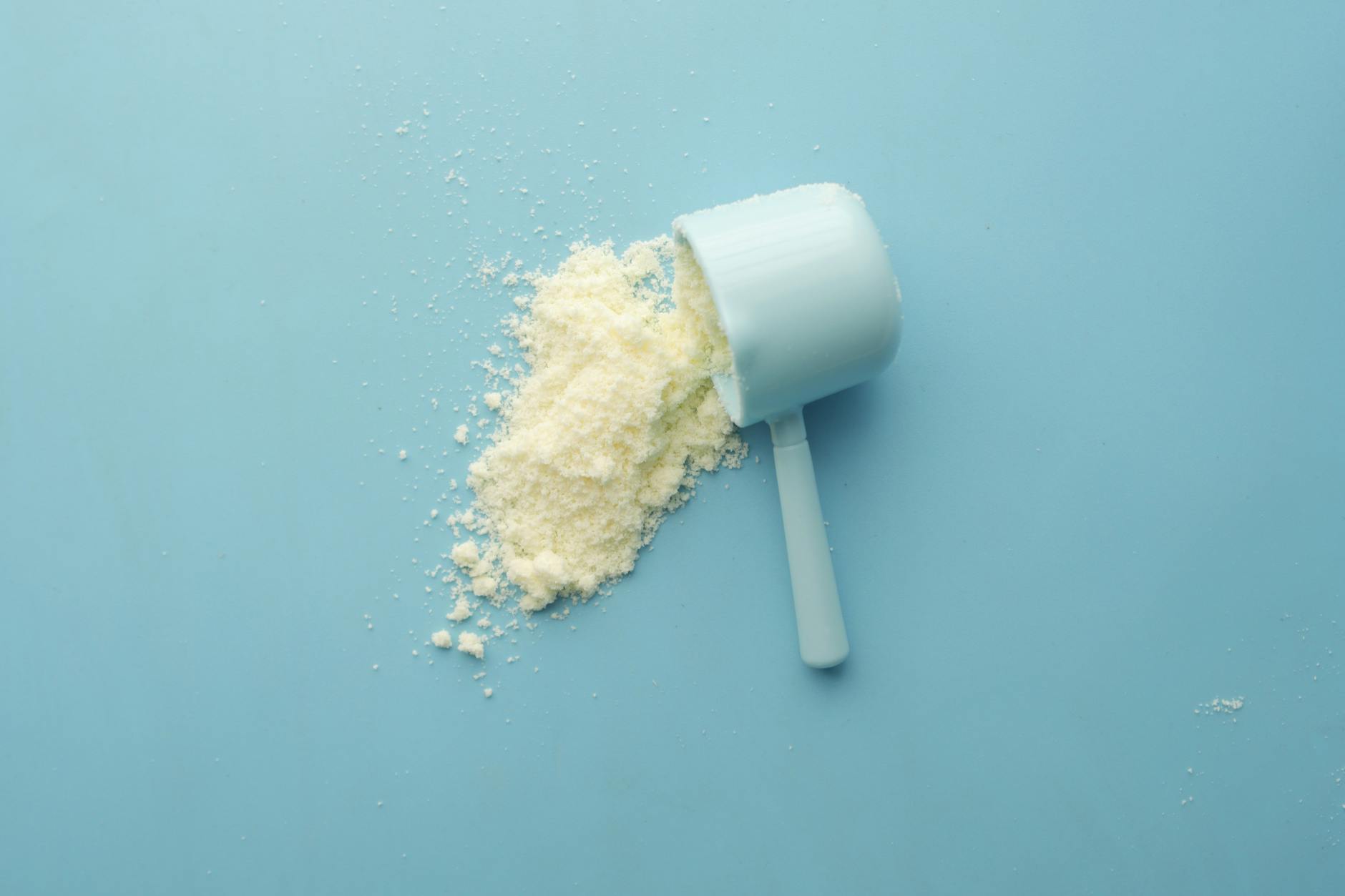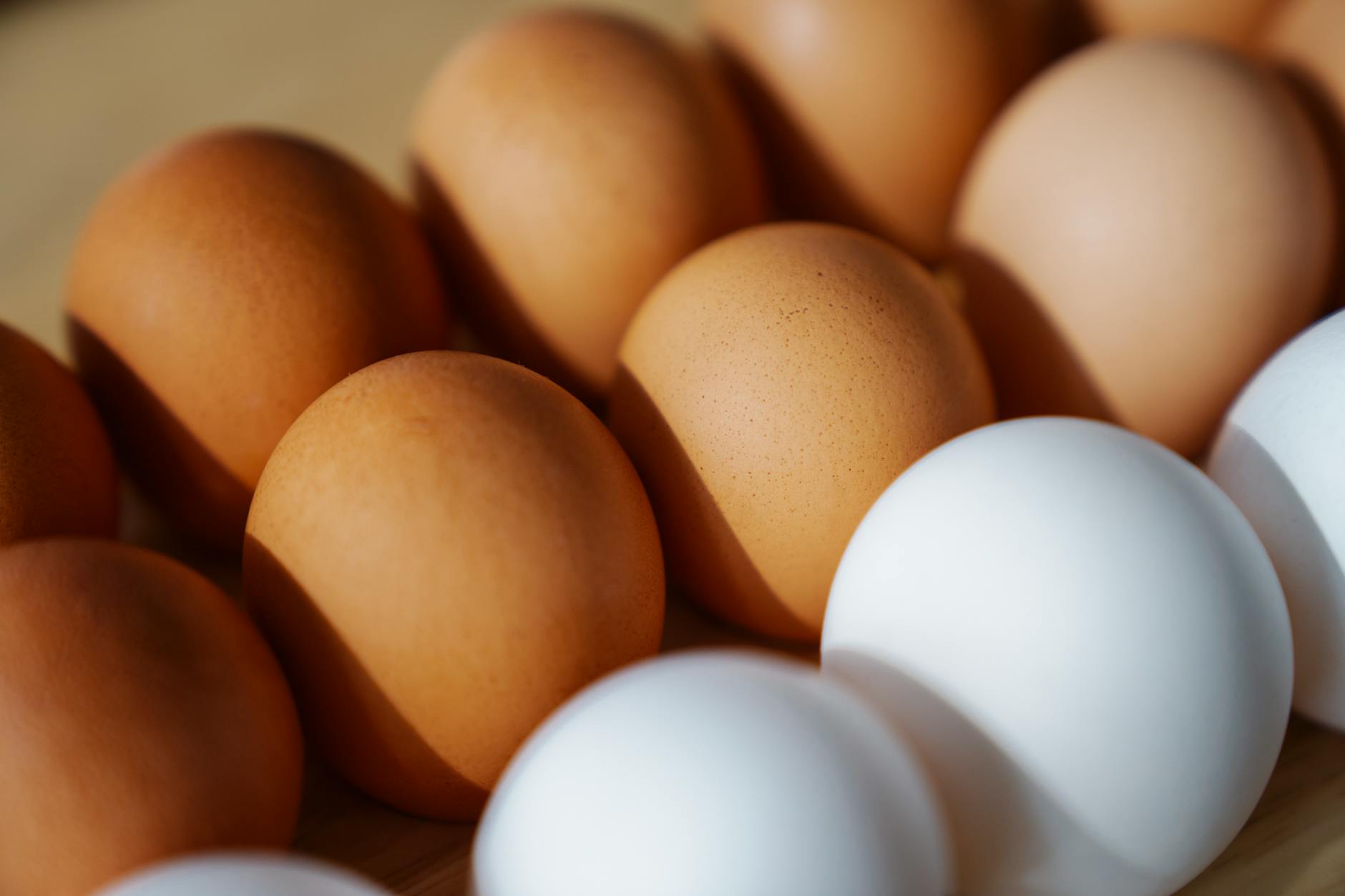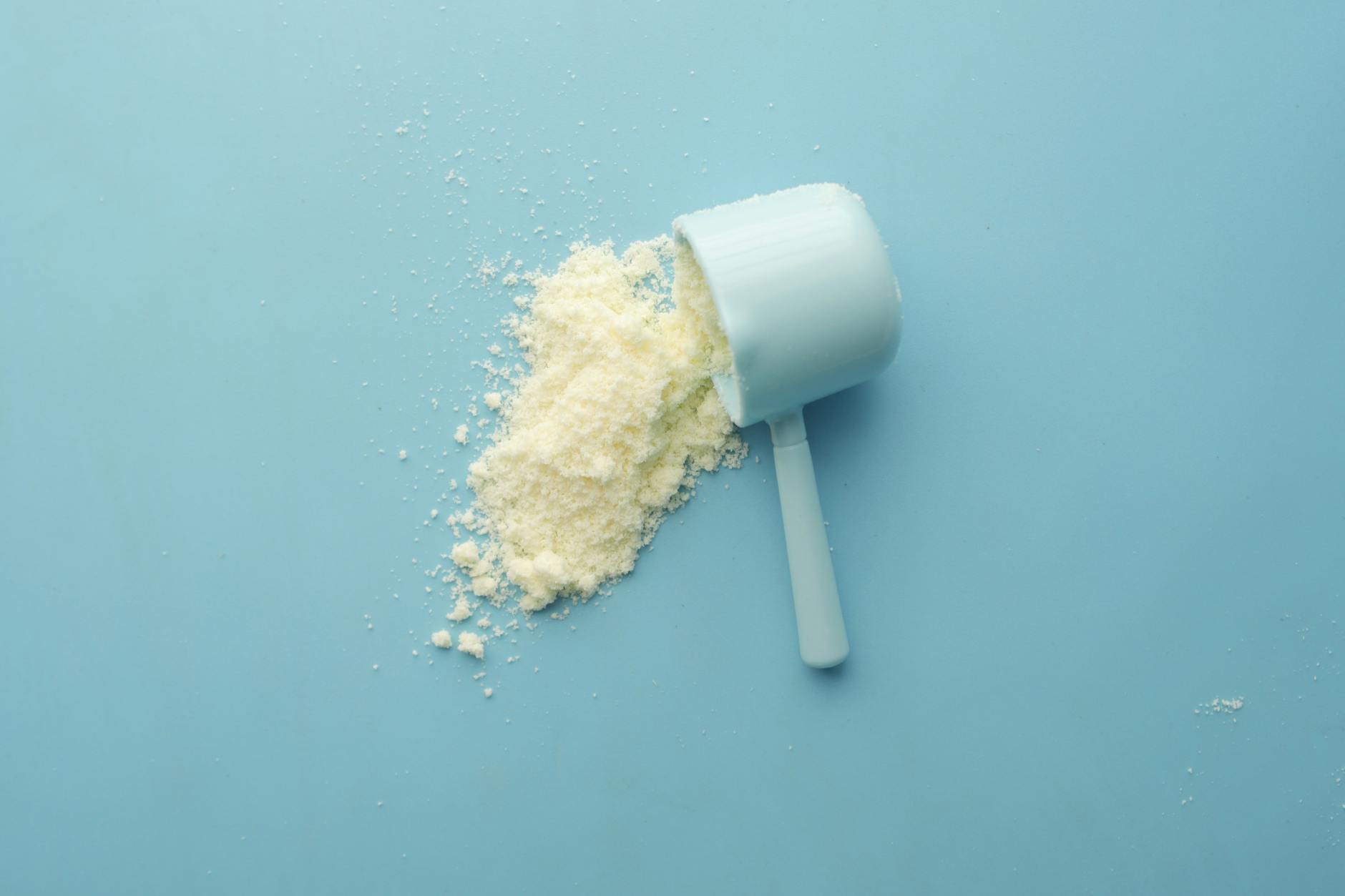Why knowing your protein sources is essential when making sure you meet your requirements

Protein is one of the largest categories of supplementation for women when it comes to fitness. One of the biggest reasons is that we need protein for muscle growth and maintenance, and women are notorious for not getting enough in their diets.
Additionally, it can be difficult for many women, especially Moms, to reach their protein requirements in their diets with their busy lifestyles.
I know personally, if I’m not paying attention to my daily protein consumption, I will easily fall short! This is an area that a protein supplement may be beneficial in helping women when it comes to their nutrition, however, it’s important that we understand their sources and how they may or may not play a part in helping us reach our fitness goals.
Although protein supplements can be beneficial, there can be drawbacks to them. According to Real Nutrition1, the article states that “many are contaminated with fillers, heavy metals, banned substances ad other undesirable products”.
Although most protein powders are complete proteins in that they contain all of the essential amino acids, they can differ in their amounts of protein as well as their additives. All protein powders are essentially processed, although their macronutrient profile may look optimal. This is hard for me to digest personally, as I don’t like to consume processes foods with possible fillers, but I do rely on protein powders to help me reach my protein requirements when my schedule is busy.
It is critical that when choosing a protein powder, a woman considers that the protein source is listed as one of the primary ingredients, the quality has at least been third-party tested and they stack up well against our dietary, whole food protein sources. This is an area we need to make sure we’re educating ourselves on nutrition labels, making sure we aren’t buying into a product that might have hidden ingredients that could wreak havoc on our health.
Personally, I’ve put back numerous protein powders that looked flavorful and had a great macronutrient profile, back on the shelf, as they contained fillers I didn’t know anything about and artificial sweeteners that my body doesn’t agree with!
It is critical that when choosing a protein powder, a woman considers that the protein source is listed as one of the primary ingredients, the quality has at least been third-party tested and they stack up well against our dietary, whole food protein sources.

When it comes to choosing protein supplementation, oftentimes many women confuse collagen or BCAA’s with protein powders, not realizing that their amino acid profile differs.
According to Reilly Beatty Sports Nutrition2, collagen powder is an incomplete protein and “does not have all the amino acids needed by the body” (as it contains eight of the nine essential amino acids: histidine, isoleucine, leucine, lysine, methionine, phenylalanine, threonine and valine) . The article goes on to explain that this means it cannot provide optimal muscle growth and recovery since all of its building blocks are not present. It also has a different amino acid makeup and is utilized differently by the body than protein powder. It states that if joint and bone health are the goals, than collagen may be the better option than protein powder due to its makeup. However, other reports state that the benefits don’t outweigh the risks, in that excess collagen may cause a rise in calcium levels and put some women at risk of developing kidney stones.
When it comes to BCAA’s (branch-chain amino acids), they are also incomplete proteins. They are made up of three of the nine essential amino acids: leucine, isoleucine and valine. BCAA’s are popular in that they are often touted as great intra or post workout supplements for muscle recovery.
According to Medical News Today3, “research suggests that taking BCAA supplements may improve muscle mass and performance and may reduce muscle damage from exercise. However, some research links increased BCAA levels to conditions such as diabetes, cancer, liver disease and heart disease.”
So, when it comes to protein supplementation, one could argue, is it even worth the investment?
Well, the way I would answer that is yes…ONLY if my diet provides a gap that needs to be filled with them. As a busy Mom, I don’t often have the time to prepare a main dish that’s high in protein. Especially during the day when I’m working and trying to get everything done while my kids are in school, I am likely to reach my nutritional goals for the day if I have some form of protein supplementation on weekdays. When I do have more time to prepare my food, I don’t consider protein supplementation as 1:1 substitution for a wholesome protein source in my diet, nor would I choose a protein supplement solely for the reason that I think it is a replacement for real food.
I think of protein supplementation as the second best option to whole food, and much better than the high-carb, high-fat alternative I may consume if I didn’t have this option (which would also leave me below my daily protein requirement). I’m diligent, however, about what protein powders I choose after carefully reading their ingredient labels and doing my research.

Current data may support the fact that protein supplementation may not live up to its claims in terms of providing us with the benefits we often hear about. Even when it comes to protein powder with all nine of our essential amino acids, there are still areas for concern.
According to Harvard Health4, there was a new risk revealed in 2022 regarding a report about toxins in protein powders, and that researchers screened 134 products for 130 types of toxins and found many powders that had them, including one that had 25 times the allowed limit of BPA! For this reason, the article suggests getting protein from whole food sources unless a medical condition prevents you from doing this.
**It should be noted that the protein powders that were tested can be seen on the Clean Label’s Project website at: www.cleanlabelproject.org

Researchers seem to also feel the same about getting collagen protein sources from a whole food diet. According to the Mayo Clinic5, their article states that “at this time, we do not have any strong evidence that over-the-counter oral or topical collagen supplement is good for anti-aging.” The author further states that “topical collagen can be challenging for the skin to absorb because of its chemical structure.” She suggests making simple lifestyle changes to increase collagen.
Lastly, when it comes to many conclusions from researchers as it relates to BCAA’s, protein diets rich in BCAA’s trump their supplemental competition when it comes to providing a better protein profile and less risk. According to Healthline6, their article states that “because most people get plenty of BCAA’s through their diet, supplementing with BCAA is unlikely to provide additional benefits”.
So with that said, it can be said that not only are all protein sources not created equal, but they can’t equate to a protein-rich, diet of wholesome foods. We should always try and focus on achieving a complete diet in lieu of trying to find a protein supplement to reach our requirements. However, should we need to reach for a protein supplement to hit our macronutrient goals, it’s important to consider that protein powder has all nine of the essential amino acids and can satisfy our dietary requirements. With that said, we should choose a protein powder that is void of unnecessary additives, chemicals and sweeteners when we make our selections.
- Real Nutrition; Marisa Michael, June 19, 2020; https://www.realnutritionllc.com/protein-powders-explained ↩︎
- Collagen vs Protein Powder. Which One Should You Take? Reilly Beatty Sports Nutrition, Dec62020
https://reillybeatty.com/collagen-and-protein-powder-which-one-should-you-take/#:~text=What%20is%20Collagen%3F,some%20of%20their%20key%20functions ↩︎ - BCAA’s: Benefits of branched-chain amino acids; Alan Carter, June 23, 2023; https://www.medicalnewstoday.com/articles/324605 ↩︎
- The hidden dangers of protein powders – Harvard health; https://www.health.harvard.edu/staying-healthy/the-hidden-dangers-of-protein-powders ↩︎
- Mayo Clinic Minute: Can collagen supplements help with aging? Mayo Clinic News Network; https://newsnetwork.mayoclinic.org/discussion/ready-3-13-mayo-clinic-minute-can-collagen-supplements-help-with-aging/#:~:text=$22At%20this%20time%2C%20we%20do, lifestyle%20changes%20to%20increase%20collagen ↩︎
- BCAA Benefits: A Review of Branched-Chain Amino Acids; Lisa Hodgson, July 30, 2021; https://www.healthline.com/nutrition/bcaa#The-bottom-line ↩︎
